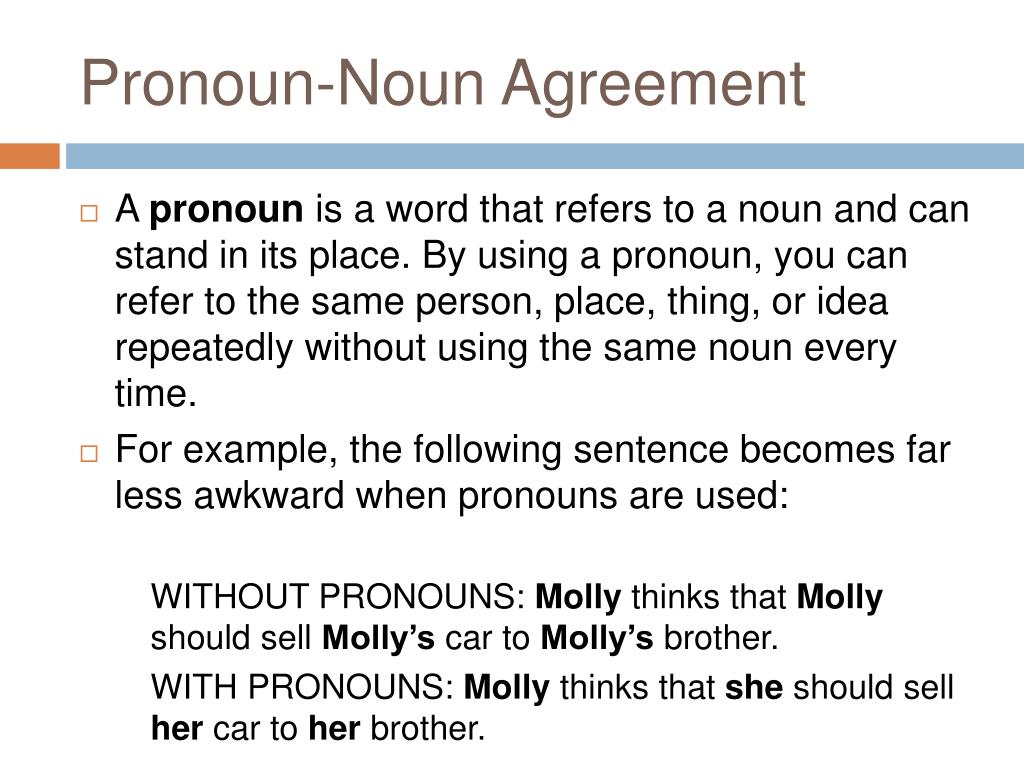What Is Noun And Pronoun : Parts Of Speech Nouns Pronouns Verbs Adjectives English Esl Worksheets For Distance Learning And Physical Classrooms / A proper noun is a name which refers only to a single person, place, or thing and there is no common name for it.. Students learn about the characteristics and needs of nouns and pronouns. In linguistics and grammar, a pronoun (abbreviated pro) is a word that substitutes for a noun or noun phrase. 'he,' 'she,' 'it,' 'we,' and 'they' are all examples of pronouns. In english, pronouns are words such as me, she, his, them, herself, each other, it, what. Nouns are the words which are used to identify people, places, objects, etc.
In english, pronouns are words such as me, she, his, them, herself, each other, it, what. These words are like nouns but make our sentences clearer to read. I'm elizabeth o'brien, and my goal is to get you jazzed about grammar. What are the parts of speech and how do you use them? Nouns nouns are the names of things, people, animals, places, qualities, actions, and ideas.

Distributive adjective qualifies the noun distributive pronoun show persons or things in individual or in separate groups.
For example, instead of saying. A pronoun is traditionally a part of speech in grammar, but many modern linguists call it a type of noun. What is the antecedent in this sentence Pronouns are actually a subclass of nouns because they often replace a noun and can complete the same function in a sentence. These words are like nouns but make our sentences clearer to read. A singular replaces a singular noun and a plural replaces a plural noun, right? Pronouns make up a small subcategory of nouns. In the same vein, based on the grammatical premise that a pronoun is a word that is used in the place of a noun, we can identify a pronoun used in the. The distinguishing characteristic of pronouns is that they can be substituted for other nouns. We can usually identify an interrogative pronoun by the fact that they often appear at the beginning of a. Nouns are one of the eight parts of speech in the english language. In linguistics and grammar, a pronoun (abbreviated pro) is a word that substitutes for a noun or noun phrase. He, she, him, her, them, they, us, we, you, i, that, which, whom, those.
These are personal pronouns, but there are nine different types of pronouns. Nouns are the objects or people of a sentence. (grammar) a type of noun that refers anaphorically to another noun or noun phrase, but which cannot ordinarily be preceded by a determiner and english requires the use of prepositional phrases and reflexive and other pronouns to communicate what the middle morpheme could alone. Students learn about the characteristics and needs of nouns and pronouns. According to oxford dictionary a noun is a word (other than a pronoun) used to identify any of a class of people, places, or things (common noun), or to name a particular one of these (proper noun).

Without pronouns, we'd constantly have to repeat nouns, and that would make our speech and writing repetitive, not to mention cumbersome.
The 2nd person plural pronouns are. Who, whom, whose, what, which. It obvious that one the major aspects of the use of english language is the noun and pronoun. Students learn about the characteristics and needs of nouns and pronouns. What are examples of pronouns? A noun is a word used to identify, or name, any class people, places, and things. Distributive adjective qualifies the noun distributive pronoun show persons or things in individual or in separate groups. In written english, a proper noun always begins with capital letters. Types of pronouns include personal. Pronouns can be subjects of the sentence (i, he, she, it, you, we, they) or express possession (his, her, your, my, mine, yours, its. A different pronoun is required depending on two elements: I'm elizabeth o'brien, and my goal is to get you jazzed about grammar. This chapter introduces nouns and pronouns to students of class 7.
Which movie do you want to watch? Nouns can be simply the names of people, objects, places or ideas. A pronoun is a substitute for a noun or a noun phrase. What are the parts of speech and how do you use them? In this post i am going to explain the rules of noun and pronoun and also give you a recommend course on the topic.

Find out how to use pronouns in this helpful bibme guide!
A proper noun is a name which refers only to a single person, place, or thing and there is no common name for it. Nouns are used to name people, places, objects, events, occurrences, etc. In the same vein, based on the grammatical premise that a pronoun is a word that is used in the place of a noun, we can identify a pronoun used in the. The distinguishing characteristic of pronouns is that they can be substituted for other nouns. Without pronouns, we'd constantly have to repeat nouns, and that would make our speech and writing repetitive, not to mention cumbersome. Who wants a bag of jelly beans? Articles are the defining words. Pronouns which are not known which nouns are used are called indefinite pronouns. Nouns can be simply the names of people, objects, places or ideas. The subjects of the first and second sentences refer to the same individual: In written english, a proper noun always begins with capital letters. Pronouns are often used to take the place of a noun, to avoid repeating the noun. Which movie do you want to watch?